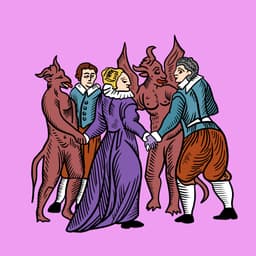Mag vs. Gern
Demystifying 'mag' and 'gern': Understanding the nuances of expressing likes and preferences in German. Discover when to use 'mag' and 'gern' correctly and enhance your language fluency.

Mag is a verb that means 'to like,' indicating a personal preference. The word gern is an adverb that means 'gladly' or 'with pleasure,' expressing a willingness or eagerness to do something.
If you're learning German, you might have come across the words mag and gern and wondered if there is a difference between them. Let's explore and find out!
In German, both mag and gern express liking or preference, but they are used in different ways.
Mag
The word mag is the first-person singular form of the verb mögen, which means 'to like.' It is used to talk about things or activities you like. Here are a couple of examples:
As you can see, mag is used to talk about things you like or activities you enjoy doing.
Gern
The word gern is an adverb in German that means 'gladly,' 'willingly,' or 'with pleasure.' It is used to express how much you enjoy doing something or how you would like something to happen. Let's look at a few examples:
When you use gern, you are emphasizing the enjoyment or willingness to do something. It can also be used to say 'yes' to an invitation or request.
For example:
By saying Ja, gern!, you are saying 'Yes, I would like to go to the cinema.'
Summary [Difference between mag & gern]
To summarize, mag is used to talk about things or activities you like in general, while gern emphasizes the enjoyment or willingness to do something. Mag is a verb, and gern is an adverb. Remember, mag is used with a noun or a verb in its basic form, while gern can be used in different sentence structures.
Understanding the difference between mag and gern will help you express your preferences accurately in German.




